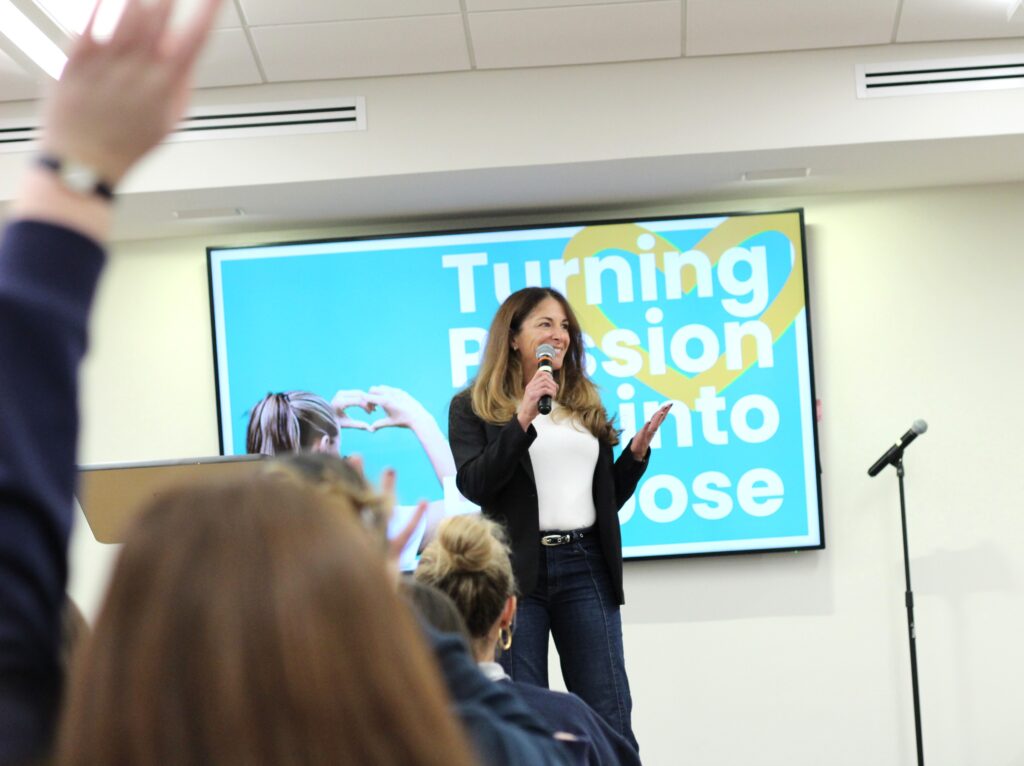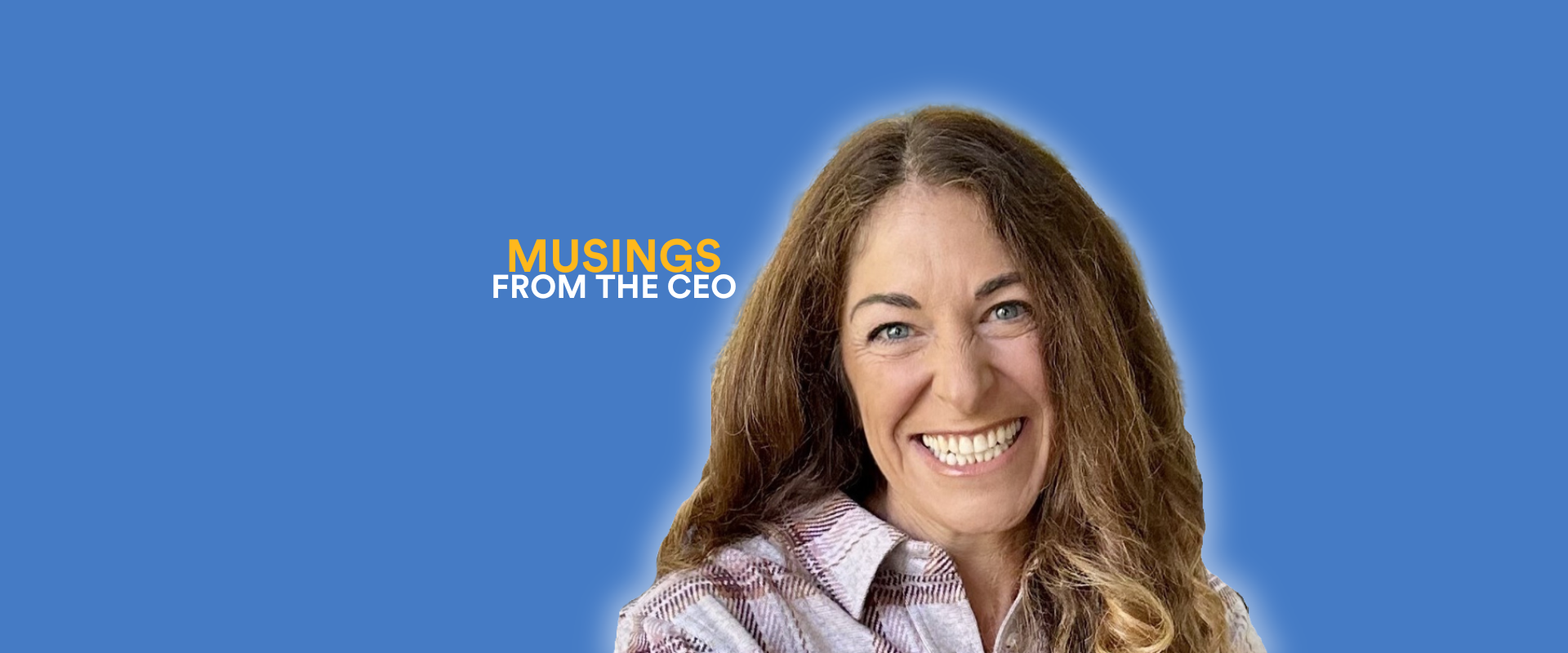“The smiling kids are nice and all, but how do you know your programs are working?”
There I was, pitching to a room full of corporate execs for a grant opportunity. I had just finished telling them all about the magic of grief camp. Most of the people at the table were teary-eyed and smiling encouragingly as I wrapped up my spiel and invited their questions. After a few softballs (“How do you find the kids?”, “What’s the age range?”), the CEO hit me with that question and stopped me in my tracks.
For a second, I felt myself bristle. What do you mean, “How do we know it’s working?” If you’ve been to camp, you just know. The kids tell us. Their caregivers tell us. You can feel it in every hug, every breakthrough, every moment of shared understanding.
And this guy wanted… what? Charts on happiness? An ROI on hope?
I had to say something. Everyone was staring at me, and the tears in their eyes had dried. I pulled it together with a heartfelt story about a camper and some quick figures on our growth and retention rate. But that question stayed with me long after I left the meeting… How do you translate smiles into data? How can I prove we’re making a difference?

Pitching to a roomful of executives about the magic of camp
Why Measuring Impact Is Hard
After connecting with others in the nonprofit sector, I realized this wasn’t just my challenge—it’s a question that every youth-serving organization grapples with, and there’s no simple answer. Here’s why:
- Feelings are hard to measure. Children’s emotions are dynamic, often changing moment-to-moment, and subjective surveys can be influenced by everything from the weather to the lunch menu that day.
- Research is complicated. Designing studies that help us understand how camp impacts someone years down the line is expensive, time-consuming, and difficult to disentangle from other life factors.
- Impact isn’t always immediate. The seeds we plant at camp are likely to bloom years later—in the form of emotional and physical health outcomes, school and job achievements, or just plain being alive. We may not be able to see our true impact for years.
Turning Anecdotes Into Evidence
That question led to an important shift in our approach. While feelings and anecdotes remained powerful, we needed more. We’d always tracked our enrollment numbers, waitlists, and camper retention, but these metrics didn’t tell the full story of why our work mattered. We knew the narrative—now we needed the evidence to support it.
We started by connecting our on-the-ground observations with broader research and data. As the volume of camper applications increased rapidly, we turned to the JAG Institute, which gave us the scale of the issue: 6.3 million children in the U.S. will experience the death of a parent or sibling by the time they turn 18.
When campers shared their feelings of isolation around the campfire, we incorporated studies from the National Institute of Health on how isolation impacts youth outcomes. And when we heard from adults that they didn’t know how to support their grieving friends, we commissioned a Harris Poll to quantify just how widespread this challenge was.
Balancing the heart and the data
This blend of real anecdotes and hard data created a more complete picture. The smiling kids remained at the heart of our story—but now we could demonstrate that those smiles reflected deeper, measurable outcomes.
As it turns out, I’m grateful for that CEO’s tough question. While measuring the long-term effects of childhood grief intervention isn’t easy, being pushed to quantify our impact has made our work stronger. The better we understand and can articulate our outcomes, the more effectively we can expand our reach to serve the countless children who still need our support.
Sara Deren is the founder and CEO of Experience Camps. Under her leadership, Experience Camps has conducted original research on the state of grief and launched a national network of programs and platforms for grieving kids and teens. She received her MBA from Columbia, and blends her background of 12 years in finance and business with her passion for the mission. In 2020, she received an award for “Best Entrepreneurial, Scaling” from Connecticut Entrepreneur Awards, and was named a “Patriots Difference Maker” by The Krafts Family and Patriots Foundation. Sara was named by Causeartist one of 32 nonprofit leaders who will impact the world in 2022 and was a 2023 mentor at the SXSW festival.
